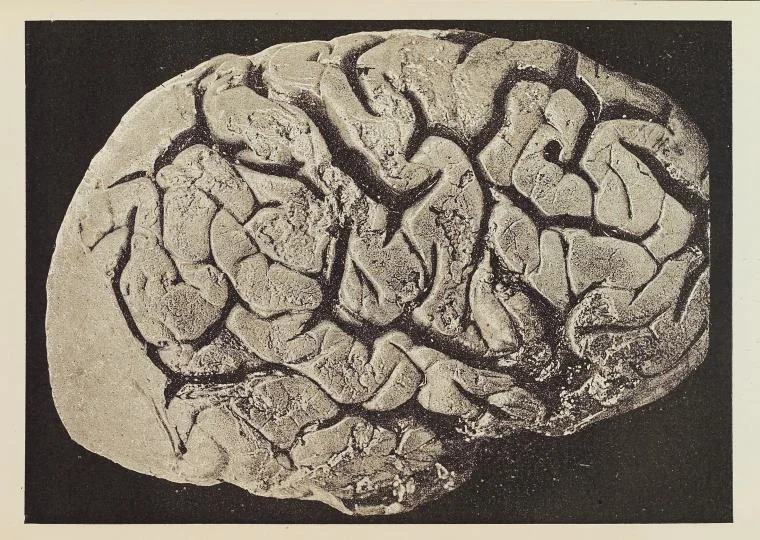Back in October of last year, Google made an announcement that sent SEOs into a tizzy, and is still causing chaos and confusion to this day. They informed us that RankBrain, a new method of understanding search queries through the use of artificial intelligence, had been live for months. Details on RankBrain and its impact were minimal at the time of the announcement, and haven’t gotten much more thorough since then. In fact, several comments about RankBrain have been contradictory, which only adds to the overall sense of bewilderment and agitation from SEOs.
Let’s take a look at what we do know about RankBrain and what’s still hazy.
What We Know About RankBrain
It’s Not a New Ranking Signal
RankBrain is not a new ranking signal, despite initial reports citing it as the third most important signal for Google now. Rather, RankBrain sits on top of all all ranking signals--quality and quantity of links, keyword relevance, content length, page load speed, structured data, CTR, meta data, etc.--using them to better tailor ranking based on the search query.
It Doesn’t Affect Crawl Budget
RankBrain doesn’t affect crawling or indexing of a website. It doesn’t determine how much or often Google crawls your site, or which pages are indexed. Remember, RankBrain is about interpreting queries.
It Doesn’t Replace Links
Because RankBrain isn’t a new ranking signal, it doesn’t devalue or replace links as a ranking factor. Or any other factor, for that matter. Again, it’s another layer on top of all signals. For now.
It Does Impact Ambiguous Search Queries
Google has stated that RankBrain is used on “a very large fraction” of search queries which are more ambiguous in nature. The AI tries to guess what the vague query is referring to, much like a human would. This means that results could change for certain queries as RankBrain gets better at interpreting the meaning and intention.
What We Don’t Know About RankBrain
How Much of An Impact It’s Having
“A very large fraction” is open to interpretation. Google has never stated just how many search queries are being impacted by RankBrain. And since it’s not a separate signal, it’s difficult to set up any testing scenarios that may reveal more information.
Which Search Queries Are Affected
Stating only that RankBrain affects ambiguous queries is quite ambiguous itself. Google has really only provided one specific example: “what’s the title of the consumer at the highest level of a food chain.” In this example, “consumer” could be someone who buys something, as we marketers tend to interpret it. But it also means something that eats food, which is more likely the intended use in this example. Supposedly, RankBrain understands these differences and is able to translate this complex and somewhat oddly phrased query into something simpler, and deliver results based on it. It all makes sense now, right?!
How It Will Change in the Future
We have no idea what is in store for RankBrain in the future. Google is being just a vague about that as they are with details today. But we have noted subtle yet revealing clues about the vision of RankBrain through comments by people in the know. Statements like the one made when asked if RankBrain affects crawl budgets: “No, that currently doesn’t affect crawling” (italics are mine). So, it might in the future. We don’t know. And, heck, Google might not know either since they don’t even fully understand it now.
We’re all still learning about the power of RankBrain. For now, it’s safe to say that the strategies and tactics we use today for SEO are still valid and useful. And I’d argue that if your focus is on creating quality content that is relevant to your brand and products, and useful to your audience, you don’t have to be scared of RankBrain now or in the future.

